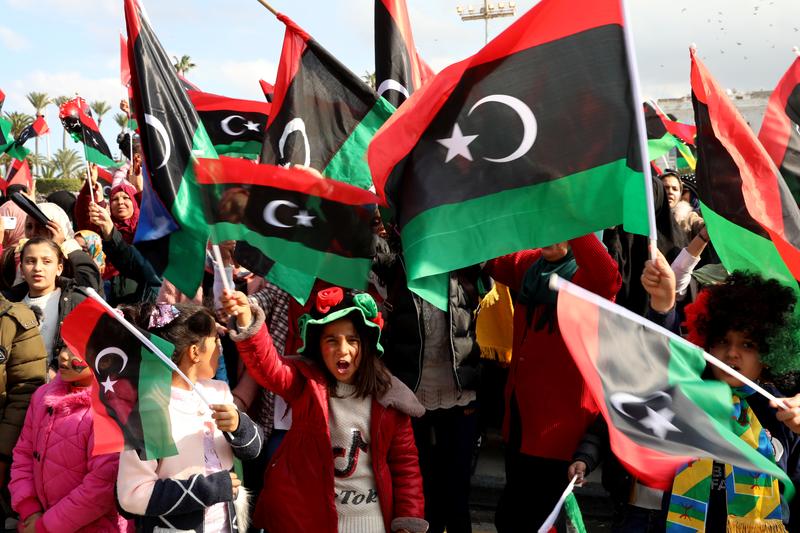LIA in the news

Libya’s sovereign Fund calls on the United Nations to permit it invest billions freely
LONDON (Reuters) – Libya’s sovereign wealth fund head plans to ask the United Nations to allow it to invest billions of dollars sitting idle in its accounts, after missing out on some $4.1 billion (3.1 billion pounds) in potential equity returns during nearly a decade of sanctions.
The Libyan Investment Authority (LIA) was blacklisted in March 2011 because it was then controlled by the family of toppled ruler Muammar Gaddafi. Its assets were valued at $67 billion in 2012, but LIA plans to update that in October after a review by its financial adviser Deloitte.
Sanctions have had a heavy toll on the LIA, with investment curbs meaning it had missed out on around $4.1 billion in potential returns if it had invested in line with the market average, chairman Ali Mahmoud Hassan Mohamed told Reuters.
The LIA also wanted to avoid negative interest rate charges, which had cost it around $23 million since 2011, he said.
“We have billions of cash in our accounts not invested,” Mohamed said in an interview this week. “It would be much better to take advantage of the market situation and invest at this moment.”
Libya had previously asked the U.N. Security Council to approve a sanctions exemption for the LIA in 2016, but this request was turned down as the U.N. wanted to see a stable government in place before doing so.
Although the LIA is not pushing for a full rollback, it is aiming to apply to the U.N. Sanctions Committee for adjustments to enable it to invest, via a custodian, some of the $12.7 billion frozen cash held by its investment managers.
This includes some of the proceeds from 796 bond holdings, with a value of $4.8 billion, that have matured since 2011.
Any investments the LIA tried to make at present were hampered by a lengthy process that required it to gain approval from the sanctions committee as well as within Libya.
“It is time consuming and investment decisions are time sensitive,” Mohamed said.
Market volatility during the coronavirus crisis has hit the LIA, cutting the value of its stock holdings by about 5% and prompting a potential debt restructuring for some of its hundreds of subsidiaries.
Libya slipped into chaos after the NATO-backed overthrow of Gaddafi and has been split since 2014, with an internationally recognised government controlling the capital Tripoli and the northwest of the country, while military leader Khalifa Haftar in Benghazi rules the east.
“We are an independent sovereign wealth fund and have nothing to do with political conflicts within the country right now,” he said. “This fund is owned by all Libyans and we work for all Libyans.”
The government supervises the LIA through the board of trustees, he said. It aims to improve its governance in line with other sovereign funds by the end of 2020, including complying with the Santiago Principles and appointing an external auditor to review its financial results, he added.